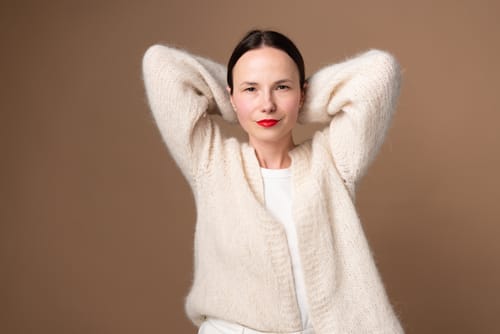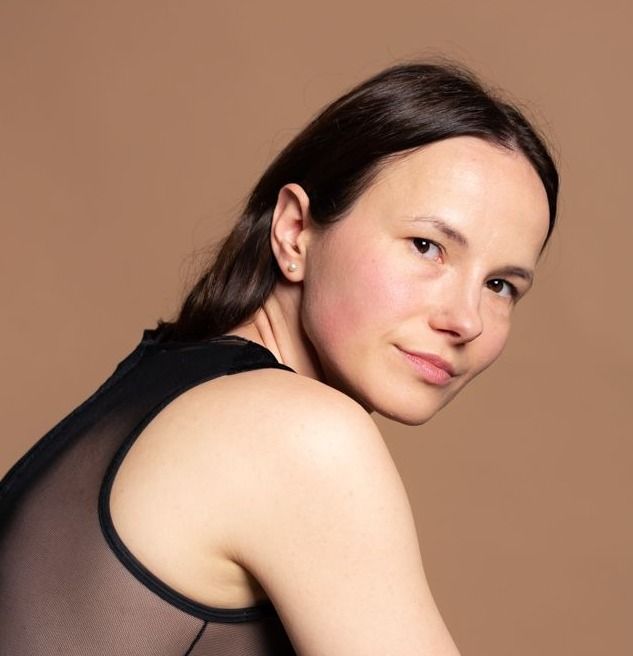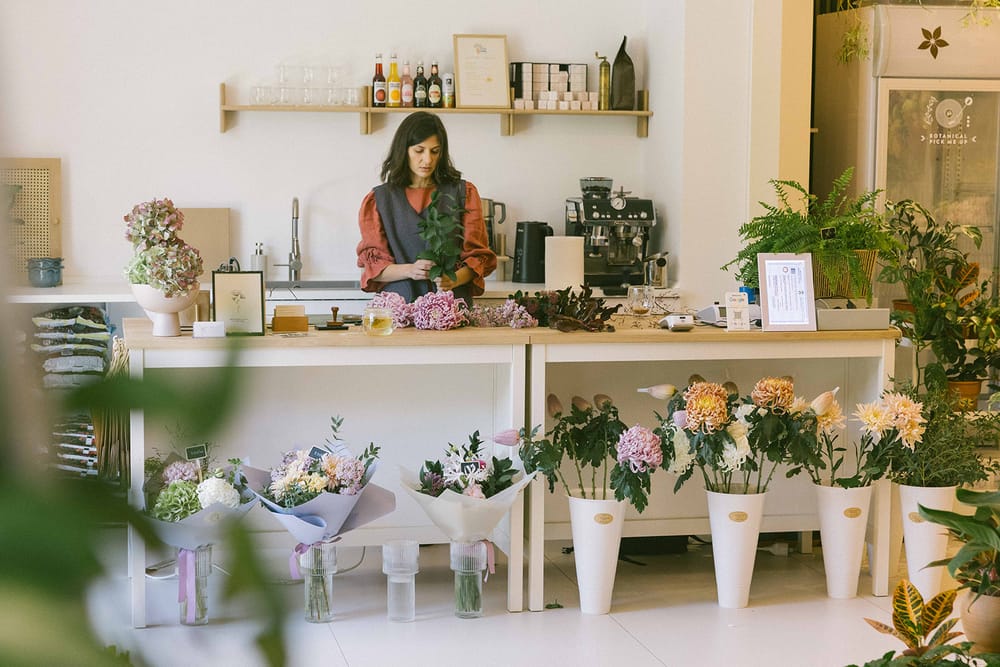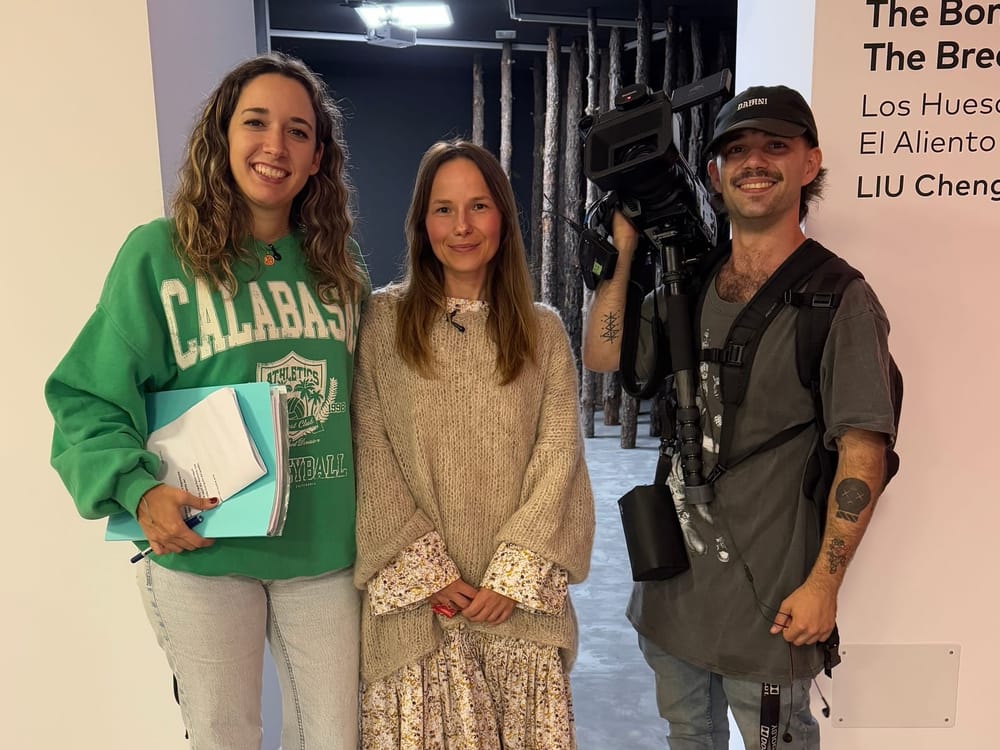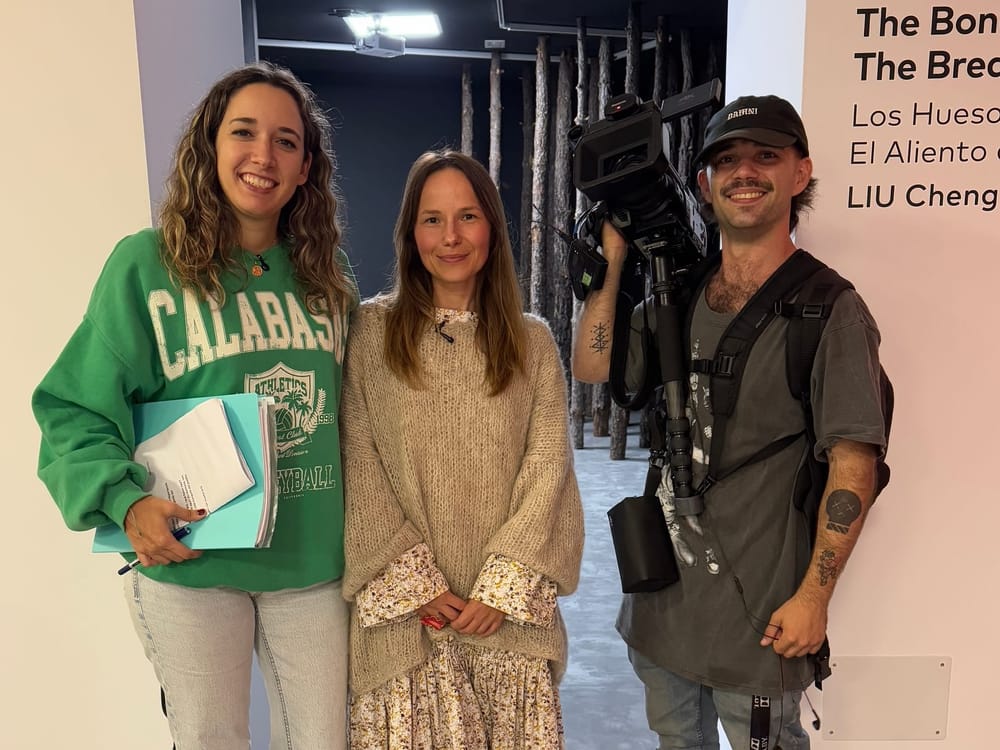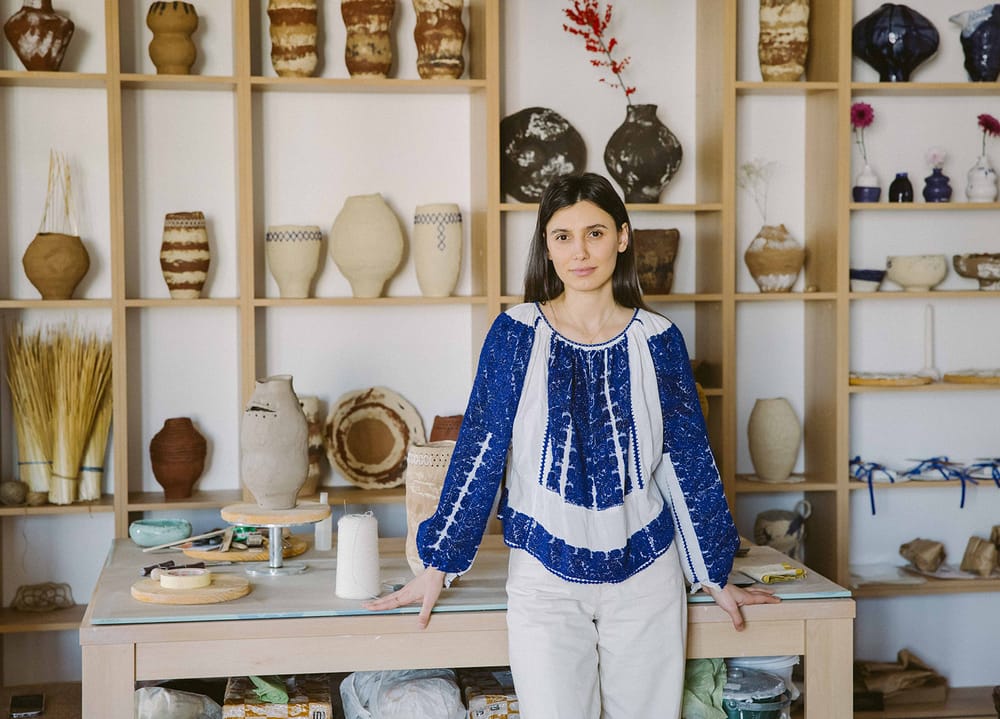I am on a quest to discover the essence of womanhood, what I am meant to be, not what I have been told I can be. In search of the true meaning of life for women. I can't and don't want to live my life in a state of inertia, so I am constantly on this self-discovery journey, with an insatiable admiration for those women who never stop growing, who are powerful but kind, beautiful but flawed, courageous yet vulnerable.
Felicia Simion, my interviewee today, is one of those uncommonly wonderful people whom I greatly respect and admire. I hope you will feel the same way by the end of this article.
Felicia opens up about her latest book, Postpartum, her evolving relationship with photography, and her journey towards embracing a slower life in harmony with nature.
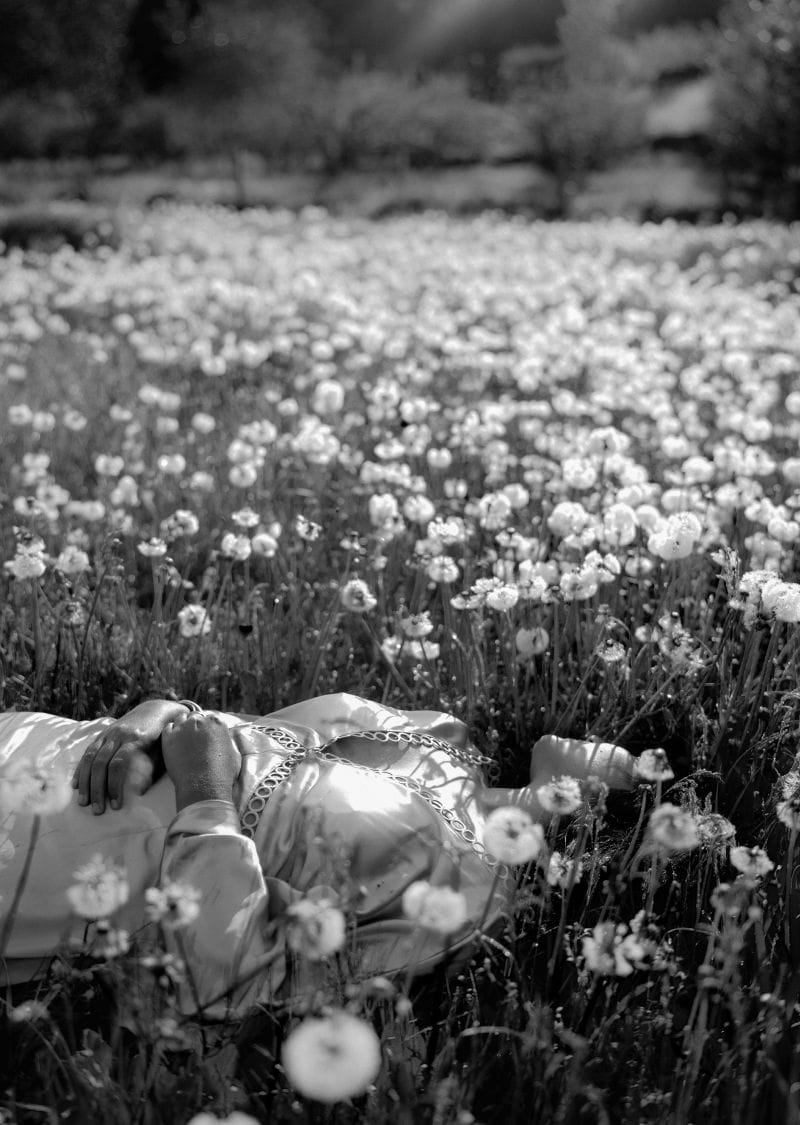
This is our second interview this year and our fourth overall, Felicia. However, I would love to have another conversation with you. You are an example of a human being who, through kindness, creativity, empathy, and vulnerability, has the potential to change the world for the better. So, my first question is about your book, Postpartum. I am thrilled that you wrote it and have now published it. Tell me more about this soul project of yours.
My dear Raluca, thank you for your kindest words. I am happy to be interviewed by you again!
I wrote “Postpartum” in the winter of 2023, and I am grateful that it is being published now. It is a memoir that summarises the beginning of motherhood for me, which was struck by a severe postnatal depression. I wrote it out directly from my heart, both as an exercise of vulnerability and self-therapy. It is raw, it is real, it is honest, yet it never loses hope. “Postpartum” remains my journey of falling and then healing from the fall.

I read something you wrote on Instagram: "I am much more than a photographer and even an artist." I want to know more about who Felicia Simion is, apart from being the outstanding photographer and artist whom I deeply admire.
I wouldn’t be able to put my own identity into words, as it is always shifting, always flowing, in a constant dynamic. I am not who I was when I lived through the pain. I have also changed since I wrote the book. I think I grew up in five years, as I haven’t done in twenty-five. Life has been real for me.
I've noticed that your Instagram feed has become a constant source of inspiration due to the unique way you weave words of wisdom, sereneness, and worth. When and how did you discover your innate ability to convey emotions and states of being in such a spectacular way, using utterly beautiful words?
I began writing again last year, revisiting my old "ghosts", the inner words, my most intimate thoughts. I hadn’t been writing for over twelve years, but something inside me moved towards this direction. And I’ve been writing ever since, almost every day. It’s similar to breathing to me now; it comes naturally, somehow. I almost could say I prefer words to images without trying to deny my photographic career.
You have gracefully embraced country life over the last few months, as documented in a series of photographs. Now that I am living in a small mountain village in Spain, I believe I understand your decision, but please tell me what living slowly and in perfect harmony with nature does to you and your family.
Well, it’s not that slow, actually, as for the past months I’ve been living hybrid, between the countryside and the city, between the mountains and the streets of Bucharest. Spring was quiet and filled with introspection, observation, and play. But the summer was quite intense, as we are in the process of building, both physically and metaphorically, a home for the three of us (five, if you count a dog and a tabby cat). I think I am getting used to this kind of life, where I don’t condemn the urban life, actually appreciating it more now that I don’t live in the city permanently anymore. As for the countryside, it never ceases to fascinate me. There is nothing more soothing than seeing the earth and the sky and kids and animals all over.
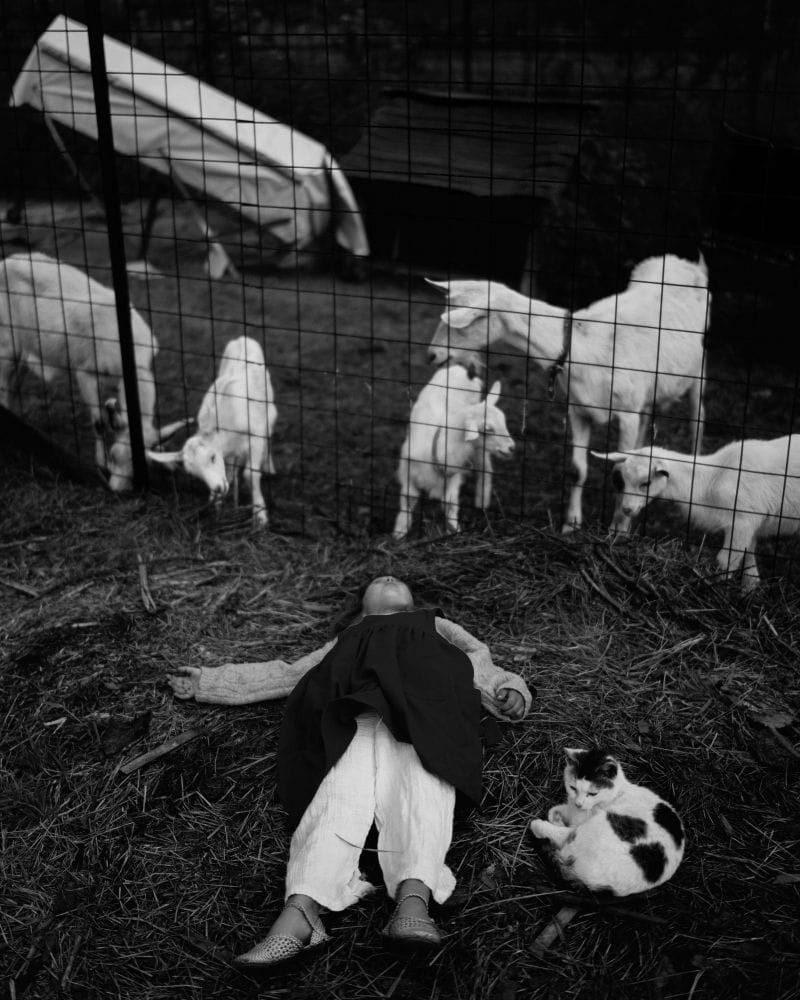
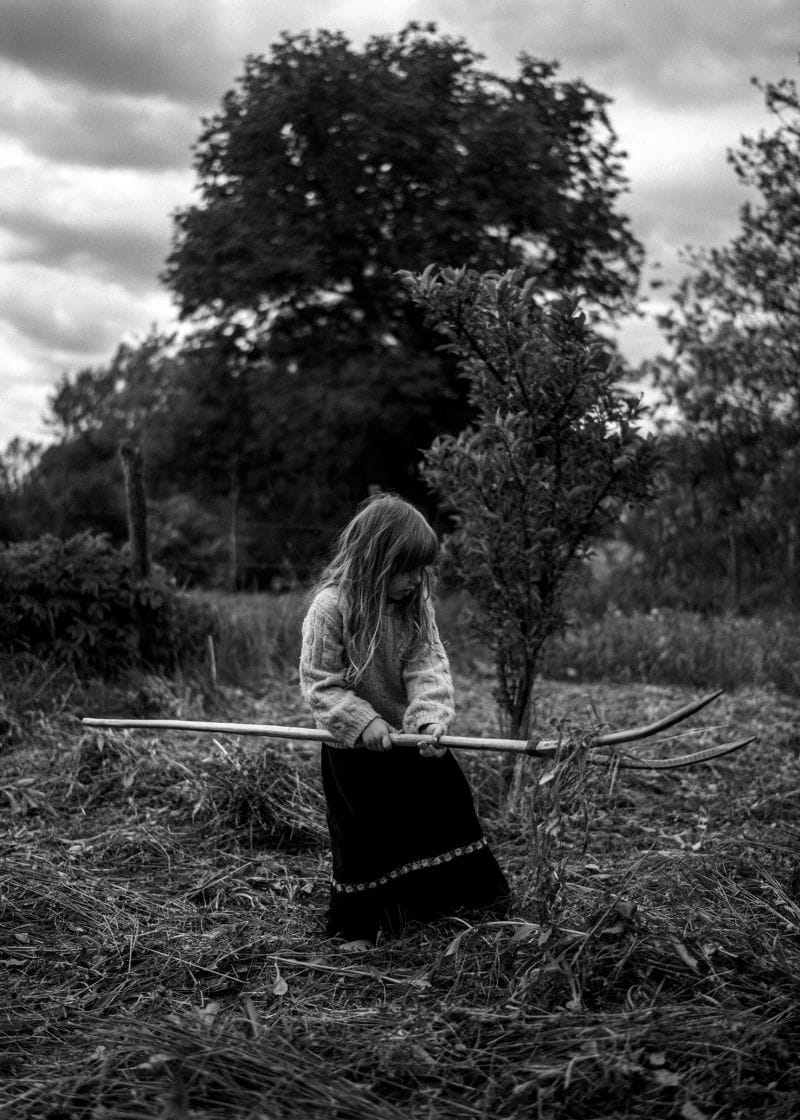
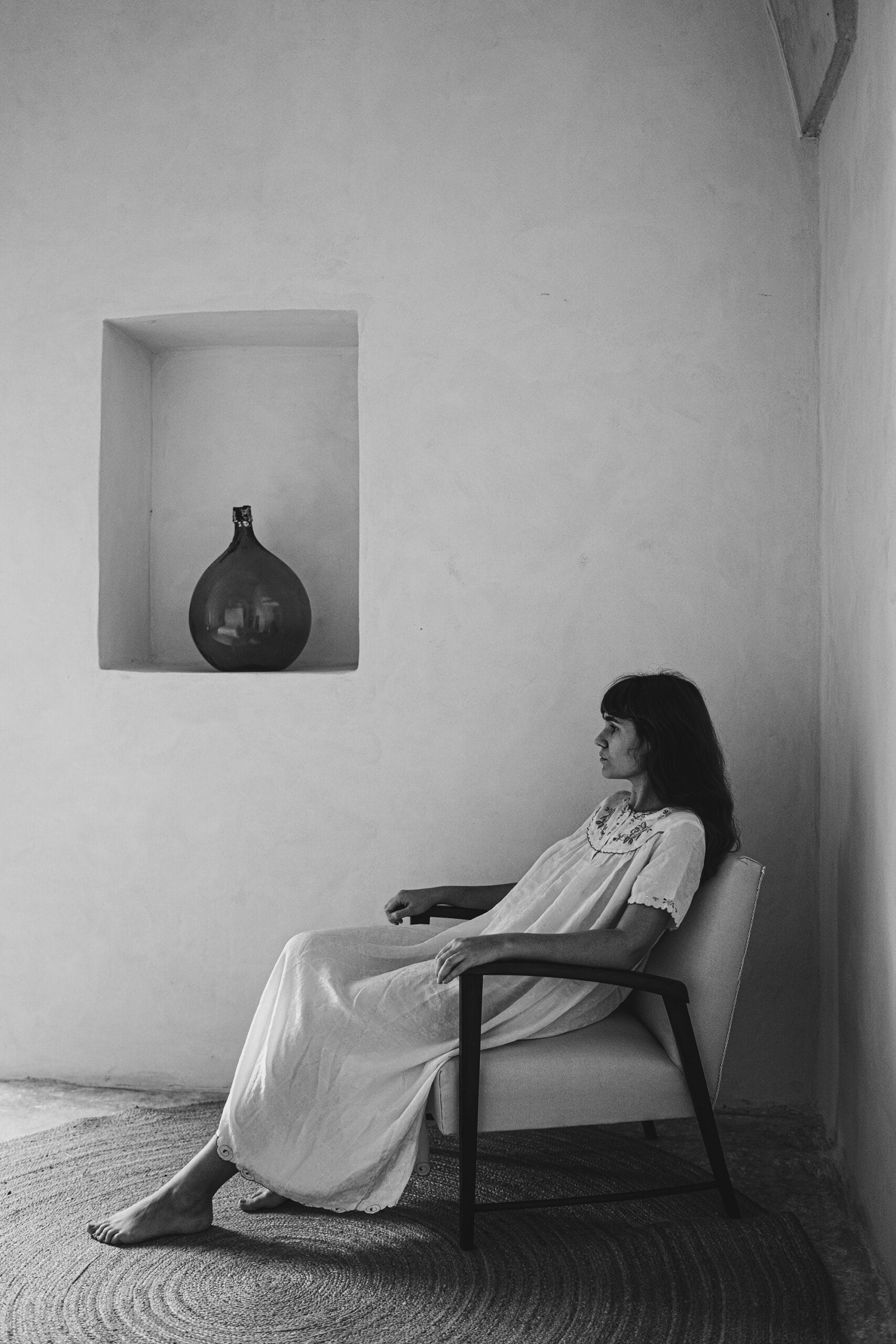
Where does your relationship with photography stand in terms of career and upcoming collaborations, given your insatiable desire to express emotions, feelings, and hopes through your lens?
To be honest, I really don’t know where it is going, but I never actually did. I still take photos, at certain times lots, but it is not my main goal anymore. I would rather use photography for both artistic endeavours and jobs as well, without putting it on a pedestal. I love images, but I’m not “obsessed” with them anymore. I found more peace, and even challenge, at the same time, in words, and I hope in the near future I will be able to have more jobs that involve both photos and written stories.
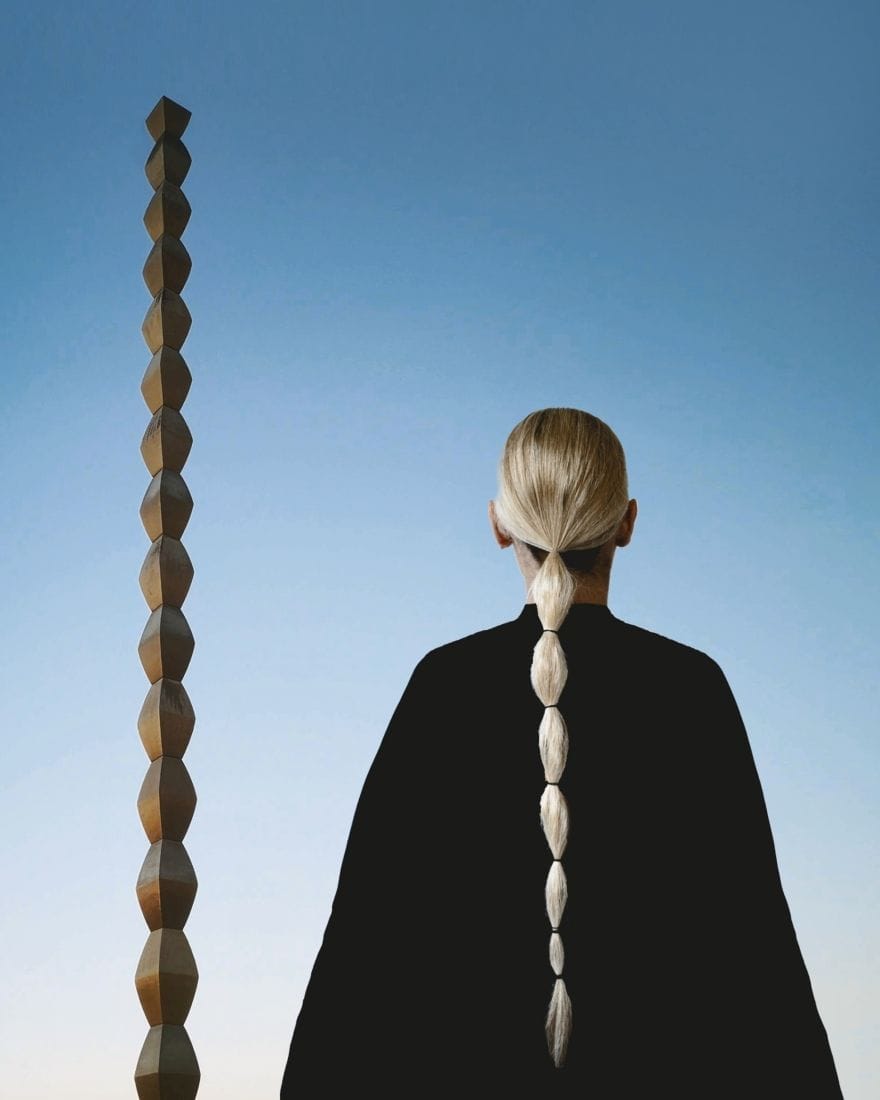
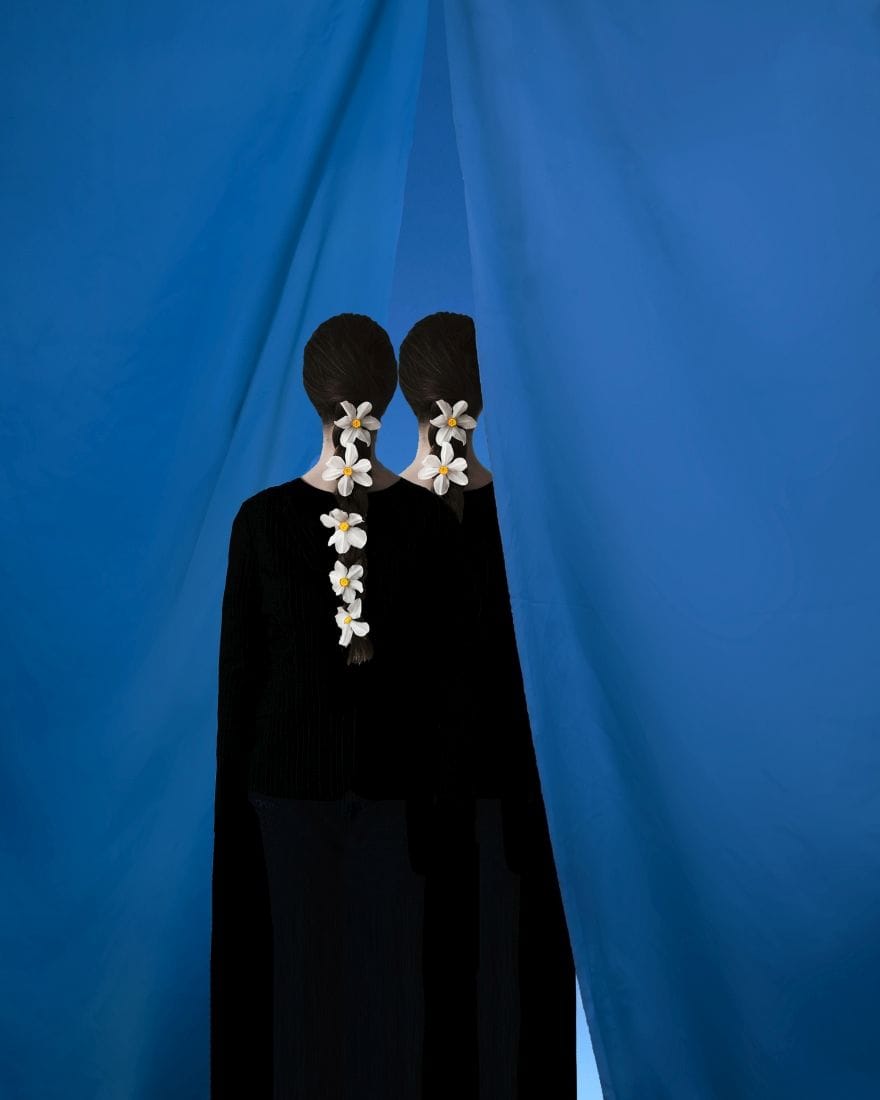
I have the Epiphany Day print on my wall, and every time I see it, it gives me a sense of being without doing anything, that peaceful moment that I believe we all crave. Simply be. What is the best way for someone else to purchase one of your prints?
Thank you! I am glad you still enjoy it. The easiest way to purchase my photos would be to write directly to me via e-mail: feliciasimionphoto[at]gmail[dot]com.
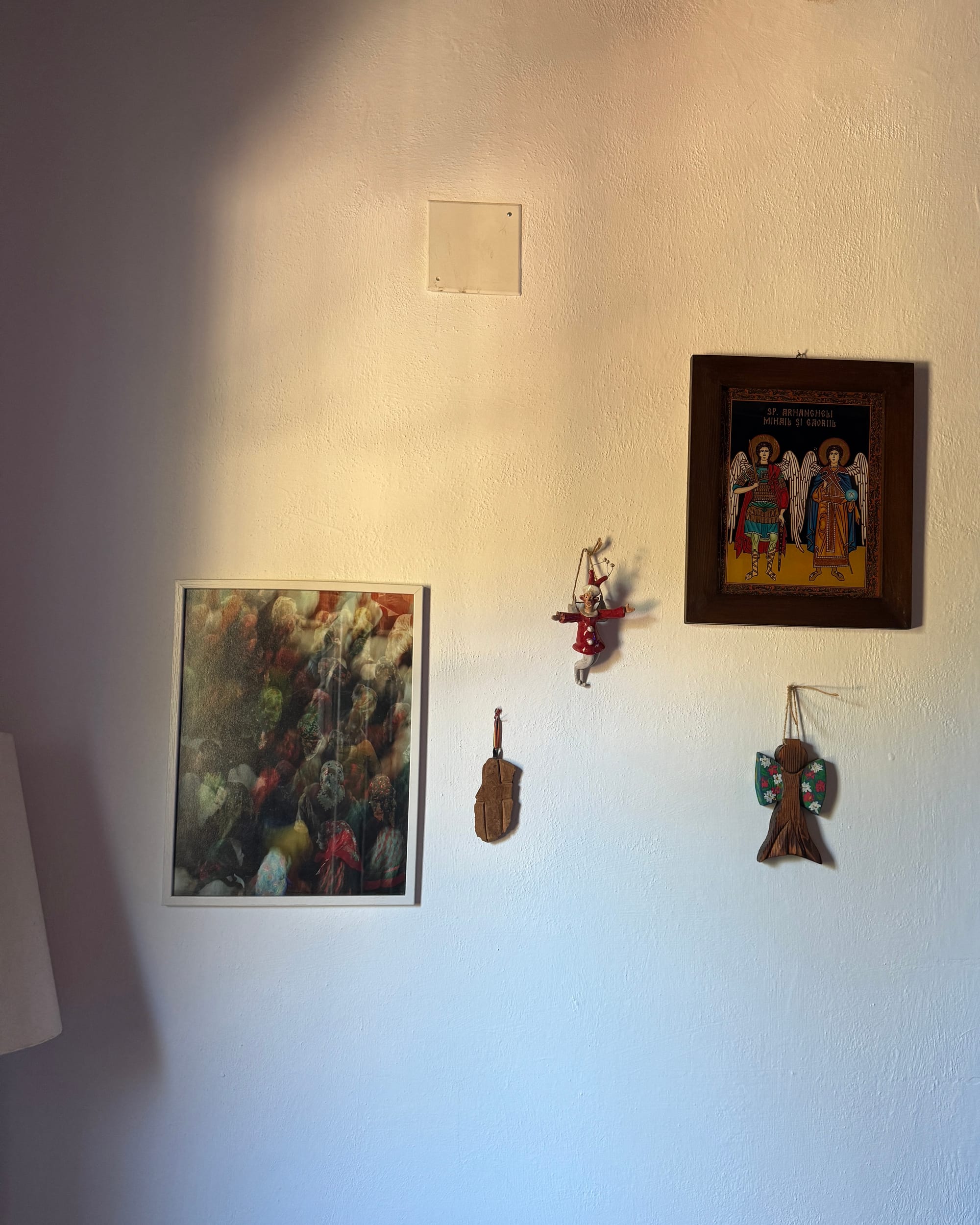
The Departures series is something I really miss. Will this project be continued in a future series?
It’s on the list. I almost returned to it last year, but the process of moving out gained priority.
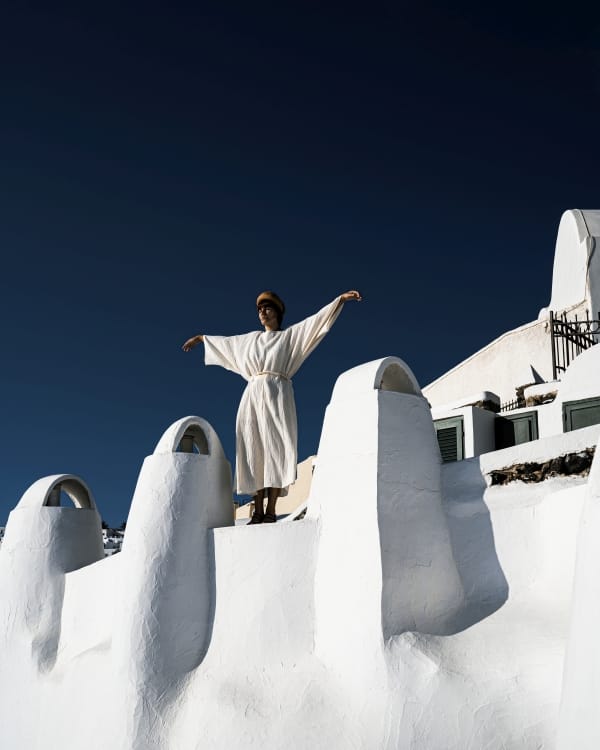
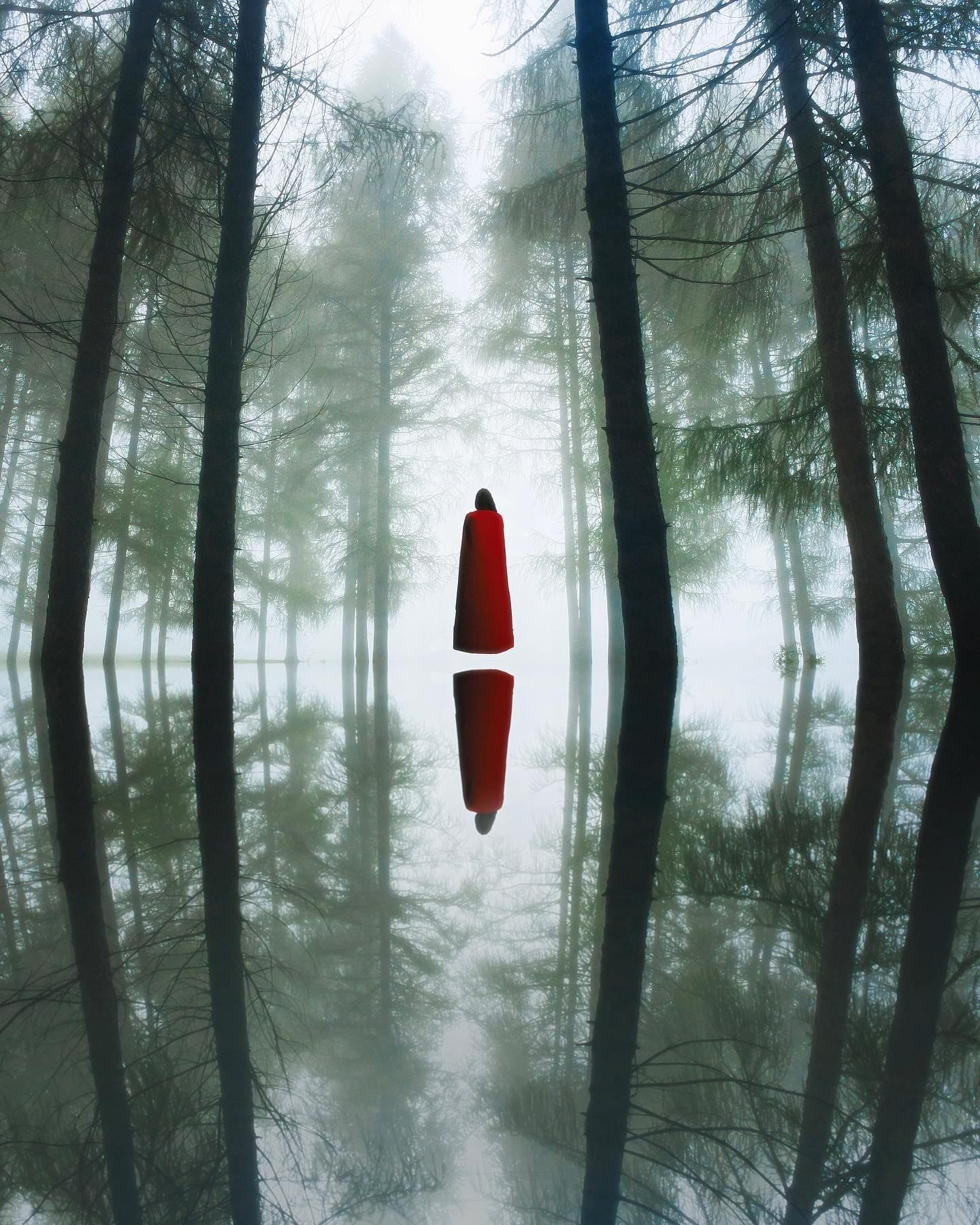
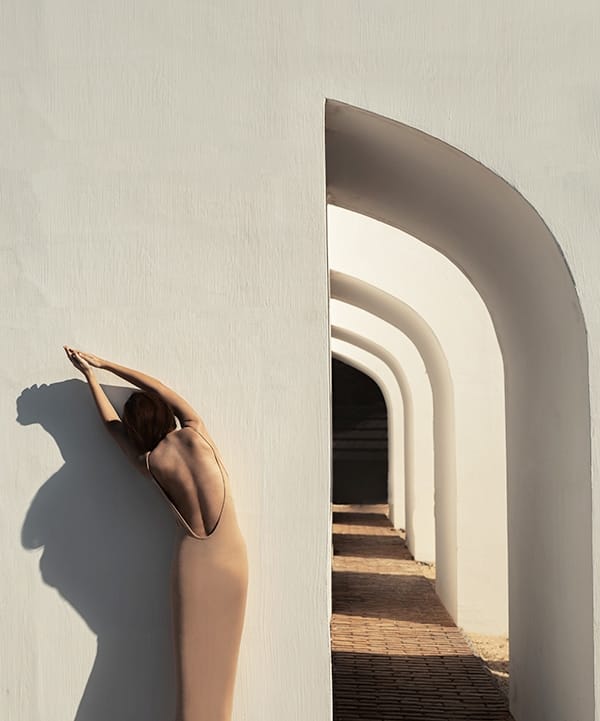
What is your definition of womanhood?
An irrevocable ability to equally offer and receive.


While I was living in Bucharest, Romania, I founded Connecting Women Entrepreneurs, a series of events honouring exceptional Romanian women entrepreneurs. Now I want to turn this into an international community. So, I was wondering if you could recommend any inspirational women.


